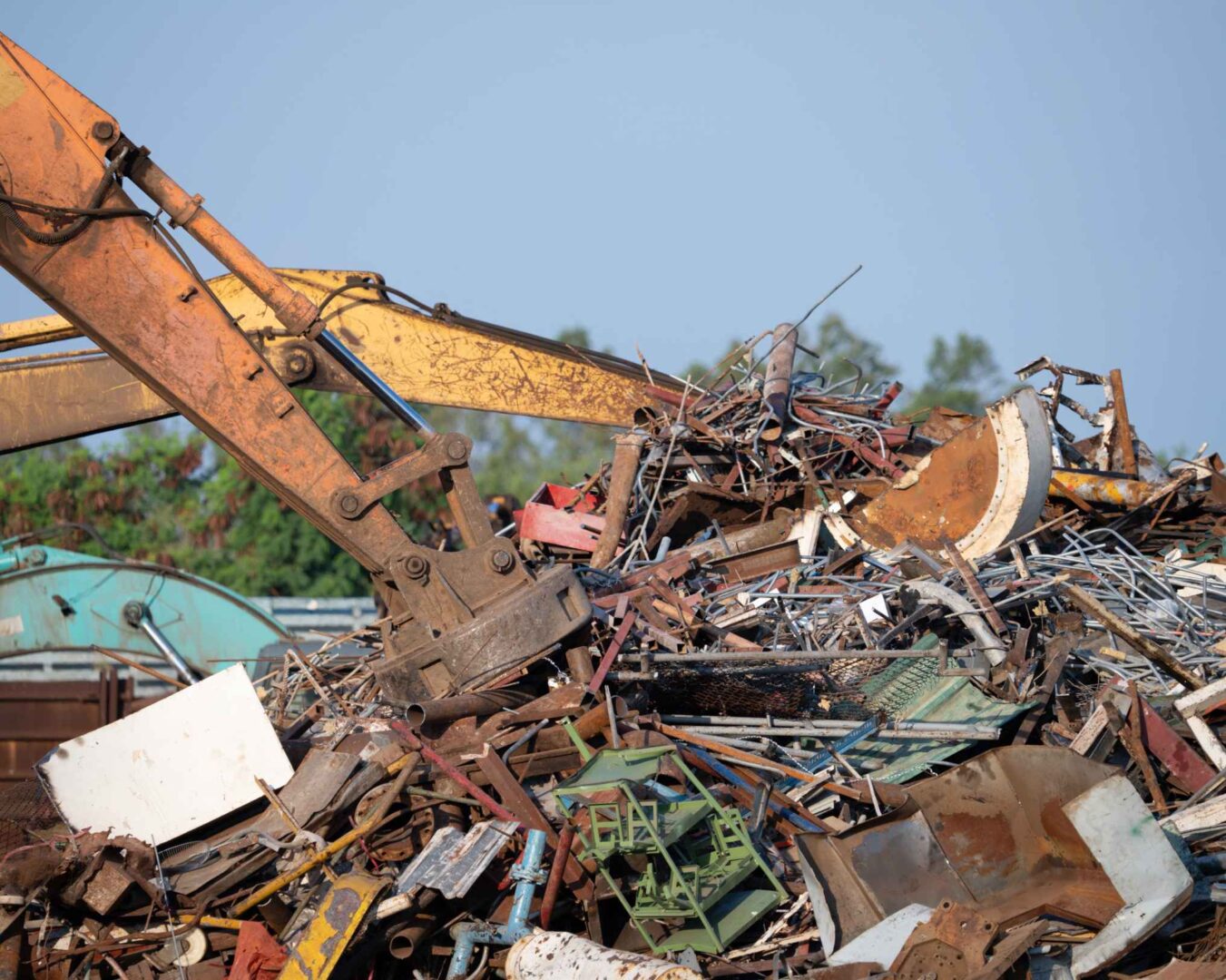Table of Contents
Efficient Waste Disposal Service: Pioneers in Commercial Liquidation
As modern businesses navigate the challenges of the 21st century, two themes have become increasingly prevalent: sustainability and effective waste management. Commercial liquidation has emerged as a pioneering solution, allowing companies to transform their excess inventory into strategic assets.
Instead of letting products gather dust in warehouses or worse, go to waste, savvy businesses are now opting to sell liquidation pallets, effectively extending the life cycle of their products and playing a pivotal role in the sustainable commerce landscape.
Time to know the power of efficient waste disposal and the golden opportunities that lie within commercial liquidation.
The Evolution of Waste Disposal Service
Traditional waste disposal methods were once purely about elimination, often with little thought to environmental consequences. As societal attitudes have shifted towards sustainability, so have waste disposal strategies. Today’s efficient waste disposal service focuses on reusing and recycling, rather than just disposing, and transforming unwanted business items into resources for those in need.
Understanding Commercial Liquidation
Commercial liquidation is a game-changing process whereby businesses strategically manage surplus inventory. Instead of treating excess products as waste, they’re redirected for further use, extending their lifecycle and reducing environmental impact. Businesses reap benefits through cost savings, improved sustainability, and by playing a supportive role in their communities.
The Impact of Efficient Waste Disposal on ESG Scores
ESG scores (Environmental, Social, Governance) have become a crucial measure of a company’s commitment to sustainable practices. Efficient waste disposal strategies can enhance a company’s ESG standing, showcasing their commitment to reducing their environmental footprint, contributing positively to society, and adhering to responsible governance practices.
The Role of Waste Disposal Services in Different Industries
Every industry generates waste, whether it’s the retail sector with overstocked items, the food and beverage industry with surplus produce, or e-commerce platforms handling returns. Here, waste disposal services step in, offering tailored strategies to manage and minimize waste, bringing environmental and economic sustainability within reach.
The Benefits of Commercial Liquidation in Managing Various Forms of Waste
Commercial liquidation comes into play across various waste forms. For example, excess food from grocery stores can be redistributed to communities, preventing waste and alleviating food insecurity. Similarly, off-spec or overstocked products can be rechanneled, reducing the volume of landfill waste and aiding local communities. All these efforts collectively build towards a more sustainable future.
Scenario: Landfill-Free Waste Management
Imagine a scenario where a company, let’s call it ‘Company X,’ utilized waste disposal services and commercial liquidation to handle their surplus products. With these strategies, they successfully achieved zero landfill waste and turned their excess inventory into community support.
They also witnessed a boost in their ESG score and realized substantial savings on waste management costs. A win-win situation, this case underlines the transformative potential of efficient waste disposal and commercial liquidation.
Future Trends in Waste Disposal and Commercial Liquidation
The waste management landscape is continuously evolving, with fresh trends on the horizon. Innovative technologies are being integrated into waste disposal services, and commercial liquidation strategies are becoming more tailored and effective. These trends signal a promising shift towards a world where sustainable waste management is not just an ideal but a standard business practice.
Conclusion
As we move forward, the imperative for businesses to adopt sustainable waste management practices becomes more pronounced. By integrating efficient waste disposal services and commercial liquidation into their operations, businesses can contribute positively to environmental conservation, societal welfare, and their bottom line. In this era of conscious consumerism and stringent sustainability benchmarks, these practices are not just beneficial but absolutely essential.




